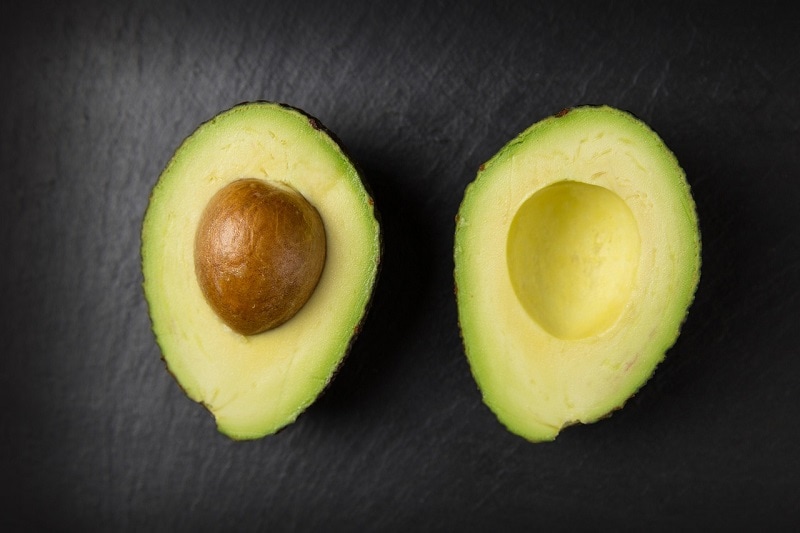
Dietary Fats Are NOT The Enemy – 7 Ways To Incorporate Fat
by: Admin

Have you ever been falsely accused of something? And, no matter how much you insist, people don’t believe you or they don’t care to listen. You’ve earned a bad reputation based upon false pretenses and, no matter what the evidence actually says, public perception won’t change. Being misunderstood doesn’t feel good, does it?
Well, this is exactly what has happened to dietary fat within the health and fitness industry. Fat has been demonized for its perceived contribution to ailments such as obesity, high cholesterol, and heart disease. Only recently are these false accusations beginning to be corrected. However, in large part, these misunderstandings still exist. It is still commonly believed that a low-fat diet is the way to achieve a healthy life and weight loss.
Dietary fat (“fat”) is one of the three macronutrients alongside carbohydrates and proteins. Fat is the most calorie dense of the three macronutrients and is considered to be the “energy reserve” and serve as your body’s primary source of energy in the absence of carbs (it can be argued that, as a society, we should replace in large part our calories from carbs with calories from dietary fats – more on this later!)
Besides being a fuel source for your body, fat is also vital for body mechanisms such as digestion, transportation of vitamins, and regulation of hormones – vital! Not to mention, our brains are about 60% fat. In fact, saturated fat is one of the main components of brain cells. Can you see why a diet low in or devoid of fat might be… a little silly?
Without going in depth, there are three major categories of fats: unsaturated, saturated, and trans.
Unsaturated fats are those found in liquid form at room temperature. Amongst the many health benefits of unsaturated fats are increasing healthy cholesterol, reducing the risk of heart disease, and reducing inflammation.
Saturated fats are a highly controversial form of fat found in meat, cheese, and other dairy products. They are highly controversial because there are conflicting studies as to their contribution to heart disease. Foods such as avocado and coconut oil which are deemed to be “healthy” also contain saturated fat further complicating the argument. Looking past this uncertainty, it has been proven that these fats boost your immune system and brain health. So, regardless of which side of the fence you sit on, you can trust that it is necessary to have some saturated fat in your diet.
Trans Fats are the ugly step-sister of fats. It has been clinically proven that trans fats have no health benefits. Rather, trans fats have been proven to raise levels of bad cholesterol, lowers levels of good cholesterol, and increase risk of heart disease. These are the fats that you should avoid or reduce.
| Unsaturated | Saturated | Trans (Avoid or Reduce) |
| Avocado (also a source of saturated fat) | Dairy Products | Chips |
| Olive Oil | Meat | French Fries |
| Salmon | Coconut Oil (also a source of unsaturated fat) | Cookies |
| Almonds | Butter | Fried Foods |
| Natural Peanut Butter | Eggs (also a source of unsaturated fat) | Processed Foods |
Now that you know that not all fats are unhealthy, how do you incorporate the healthy version of this essential macronutrient into your diet? Here are seven easy ways that I add healthy fat into my diet:
Make your own salad dressing with olive oil as the base.
Add a slice (or two) of avocado into your meals – salads, morning smoothies, or eat it on its own. It goes well with everything!
Take an Omega 3 or fish oil supplement.
Eat breakfast proteins such as bacon, sausages, and eggs (contrary to popular belief). Eat the whole egg – yes, yolk included.
Use butter instead of margarine – on your steamed veggies.
Use full cream in your coffee but hold the sugar and sweetener.
For get-togethers, prepare charcuterie boards – cheese and meats sans crackers.
Whether you’re looking for weight loss or general improvement of health, dietary fat should play a large role. As a community, we need to stop demonizing them and start acknowledging them for their immense health benefits.